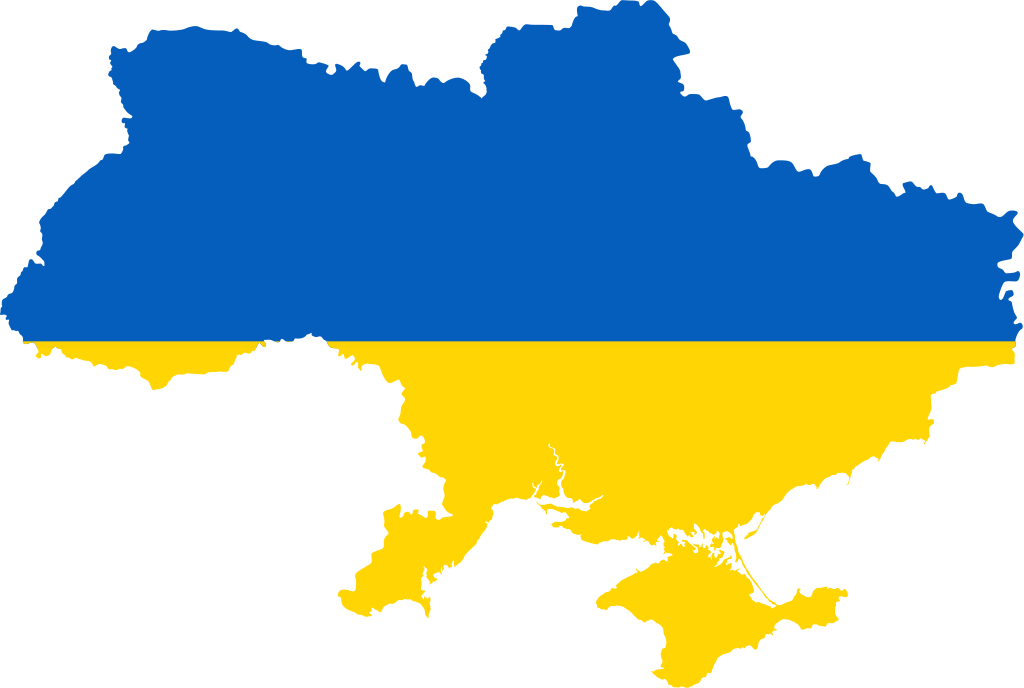
On Feb. 24, Russian President Vladimir Putin launched a large-scale invasion of Ukraine, shattering post-World War II peace on the European continent. The Russian attack has already cost hundreds of civilian lives in Ukraine and has spurred a major refugee crisis, as 1 million Ukrainians have been displaced from their homes and had to flee to neighboring countries, mostly Poland and Hungary, according to the United Nations.
Making Sense of the Russian Invasion of Ukraine
Thursday, March 3
Noon MST
https://zoom.us/webinar/register/WN_TsqhDeJ-RAeMBXNXgCxEVw
The war in Ukraine has captivated the attention of the media, and many are struggling to understand its origins, how will it proceed and what will be its consequences.
At noon on Thursday, March 3, the CSU Department of Political Science will host a virtual discussion on the Russian invasion of Ukraine, with the aim of answering some of the most pressing questions. The free public event will shed light on the current situation in Eastern Europe. While open to the public, registration is required at https://zoom.us/webinar/register/WN_TsqhDeJ-RAeMBXNXgCxEVw.
The panel will feature a discussion with three experts in political science and international relations.
Larissa Doroshenko, a post-doctoral associate at Northeastern University, will discuss Russian disinformation and the role it has played in Russia and in world politics over the past few years. Doroshenko received her Ph.D. in communication from the University of Wisconsin-Madison. Her research explores how marginalized groups use emerging media to gain power in authoritarian regimes. Her previous research projects focused on “the dark side” of online media: populism, nationalism and disinformation campaigns.
Peter Harris is an associate professor in the CSU Department of Political Science and will discuss the implications of the Russian invasion in Ukraine for the international order, the United States and the West more broadly. Harris received his Ph.D. in political science from the University of Texas at Austin. His research focuses on international security and U.S. foreign policy.
András Tóth-Czifra is a political analyst from Hungary, based in New York City. He is a senior analyst at Flashpoint Intelligence, focusing on security and cybersecurity issues related to Europe and Russia, and a non-resident fellow at the Center for European Policy Analysis (CEPA). He specializes in Russian and Eastern European politics and regularly publishes analyses on Russian affairs. He will discuss the politics in Russia that led to the invasion.
The panel will be moderated by Iren Marinova, Ph.D. candidate in political science, and Dominik Stecuła, assistant professor in CSU’s Department of Political Science.